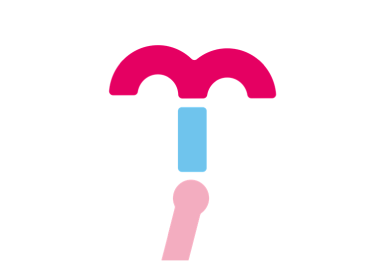Emergency contraception
Pregnancy prevention following unprotected sex.

A short-term method of contraception.
Emergency contraception pills help to prevent a pregnancy when taken up to five days after unprotected sex.
They work by preventing or delaying the release of an egg from the ovaries. A very popular type of emergency contraception involves taking one or two tablets of a particular hormone. This is sometimes called ‘the morning after pill’ or ‘Plan B’.
An intrauterine device (IUD) can also be used as emergency contraception as it will prevent a fertilised egg from settling in the womb.
You may wish to consider having a supply of emergency contraceptive pill or pills at home so you have them easily available should you need them as they only work within five days of unprotected sex.
Book an appointment
If you’re ready to visit us, book an appointment to reduce your waiting time at the clinic.
Once you’ve filled out the form, a member of the team will be in touch to confirm your appointment.
If you’re starting to use contraception for the first time, or thinking about using a new method, it’s a good idea to have a full consultation.
Find our locations that offer contraception and family planning services.
Frequently asked questions about emergency contraception
Emergency contraception offers the following advantages as a short-term method of contraception:
– It is safe for almost all women
– Using emergency contraception does not affect long term fertility
– It does not cause an abortion
– You can use emergency contraception at any time in your menstrual cycle
– Emergency contraception is not harmful to your health.
When deciding if emergency contraception is a method right for you, here are a few quick facts you should consider:
– It will only work for sex that occurred in the previous five days
– It is not recommended as a regular method of contraception
– Unlike condoms, it does not protect you from sexually transmitted infections (STIs)
– It may have some side effects, such as bleeding, nausea and fatigue.
Depending which brand of emergency contraception you use, there is a small risk it may affect:
– Various epilepsy medicines
– Various HIV medicines
– Various tuberculosis (TB) medicines
– Antacid medicines
In all cases, we recommend speaking with us or your healthcare practitioner before taking emergency contraception. You should also read the information leaflet that is supplied with your medicines.













